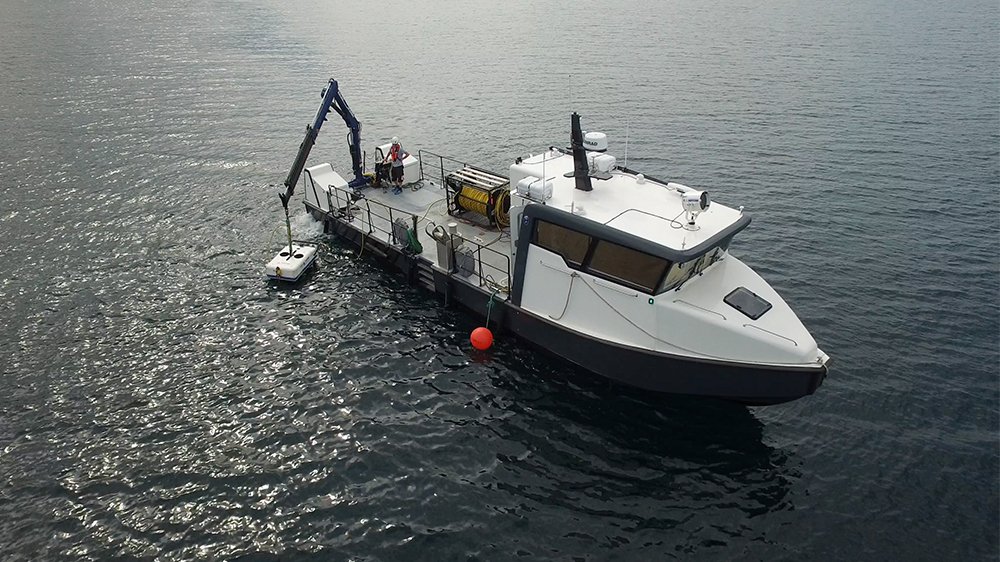
We often discuss whether ROVs will replace divers in the aquaculture industry. While one position is predicting ROVs to be the new divers, the other claim that a machine will never replace the human touch. May both sides be right?
It's no secret that underwater projects benefit from ROVs. They both rationalize and ease operations through surveying, inspection work, planning, and maintenance.
ROVs in aquaculture
From a cost perspective, there are numerous gains from using ROVs in aquaculture. If you want to operate sustainably, you need to inspect your mooring systems regularly. It will help you maintain control of the farm and reveal errors that ultimately could result in accidents or escapes.
ROVs enable comprehensive monitoring with the option to perform preventive maintenance and net cleaning at any time. Hiring a commercial diving company to do the same job would cost you significantly more.
For essential inspections and cleaning, an ROV can eliminate the cost of a diving team.
See our range of ROVs here
Operational ability at depth
When commercial divers have to go deeper than 45 meters, they need special equipment to deal with the pressure, as well as special mixtures of oxygen, helium, and nitrogen to breathe well.
Operative diving time is shorter at lower depths, and the ascending is time-consuming due to critical safety stops to decompress. Obviously, this affects costs.
An ROV can operate around the clock if there are pilots available. Add to that a range towards a depth of 1,000 meters, and we have highlighted the two areas in which the ROV is vastly superior to the diver.
{{cta('f5a3ba5d-588c-41b5-8783-b6389ff4a957')}}
An excellent team
The optimum use of ROVs is to assist divers in their work. Before a diver so much as gets his toe wet, ROVs can inspect the area, thus saving the diver from using limited underwater time to locate and identify problems.
ROVs can thus enable a broader range of personnel to work on specific problems and prepare appropriate equipment before the diver descends into the deep. ROVs and divers make the ultimate team for tackling complex underwater operations.
The ROV versus divers debate should be about how we may use them together to reduce costs and improve safety and methods for underwater work.
Man and machine
There will always be underwater operations that require human expertise and skills. When an ROV performs preliminary inspections, automation, surveying, and planning, divers will utilize their time more efficiently at the given depth, with the extra safety dimension ROVs provide during work.
If you choose to invest in ROV services, it will reduce your costs for divers while also making your projects safer and more straightforward to carry out for divers.
Back to the big question: Will ROVs replace divers in aquaculture? I don't believe so. There will always be deepwater tasks and repairs that require a human touch. But the combination of ROVs and divers is something the industry will consider in times to come.
{{cta('d9cd2c57-a311-4e78-af33-b1dff90fff36')}}